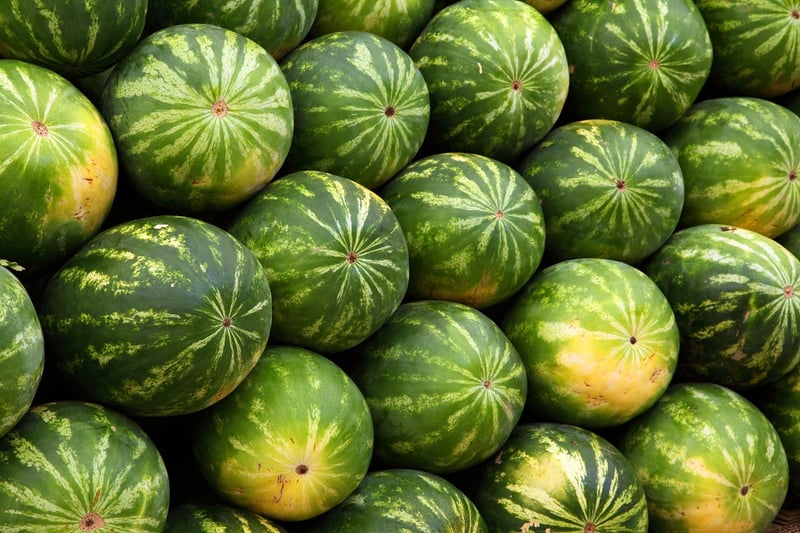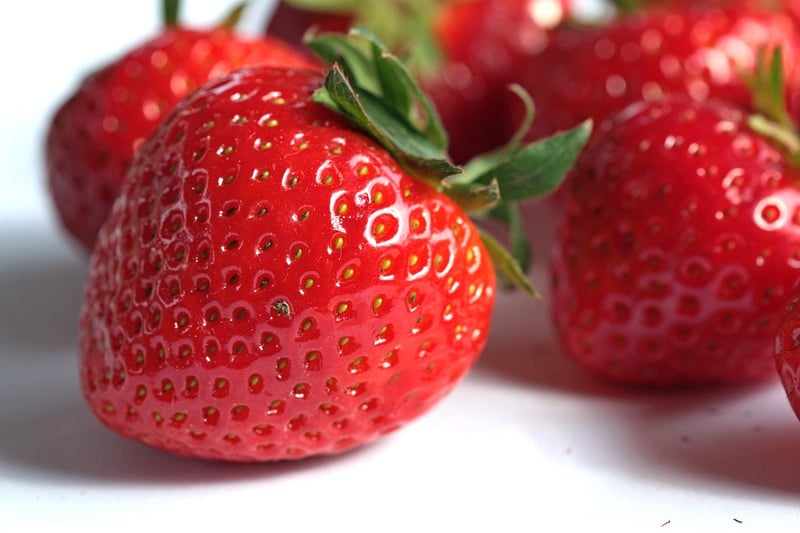Plant-based Alternatives
Key Components of a Plant-based Diet
Switching to a plant-based diet has gained popularity in recent years due to its numerous health benefits and positive impact on the environment. If you're considering transitioning to a plant-based lifestyle or simply incorporating more plant-based foods into your diet, understanding the key components can help you make informed choices.
1. Fruits and Vegetables
Rich in essential vitamins, minerals, and antioxidants, fruits and vegetables form the foundation of a plant-based diet. Aim to include a variety of colors in your meals to ensure a diverse range of nutrients.
2. Whole Grains
Whole grains like quinoa, brown rice, oats, and whole wheat provide fiber, protein, and complex carbohydrates. They help keep you full, regulate blood sugar levels, and support digestive health.
3. Legumes and Pulses
Beans, lentils, chickpeas, and peas are excellent sources of plant-based protein, fiber, and iron. They are versatile ingredients that can be used in soups, salads, curries, and more.
4. Nuts and Seeds
Rich in healthy fats, protein, and micronutrients, nuts and seeds offer a crunchy texture and flavor to dishes. They can be sprinkled on salads, blended into smoothies, or used as toppings for oatmeal.
5. Plant-based Protein Sources
Explore protein-rich alternatives like tofu, tempeh, seitan, and plant-based meat substitutes made from soy, peas, or mushrooms. These options provide a satisfying meaty texture without animal products.
Plant-based Alternatives
Transitioning to a plant-based diet doesn't mean giving up your favorite foods. Thanks to the growing demand for plant-based options, there are now a variety of alternatives available:
- Dairy Alternatives: Choose from plant-based milks like almond, soy, oat, or coconut milk as substitutes for cow's milk.
- Cheese Alternatives: Try dairy-free cheeses made from nuts, soy, or coconut for a creamy and flavorful addition to your meals.
- Meat Alternatives: Explore plant-based burgers, sausages, nuggets, and deli slices made from ingredients like pea protein, wheat gluten, or mushrooms.
- Egg Alternatives: Use flaxseeds, chia seeds, mashed bananas, or commercial egg replacers in baking and cooking to replace eggs.
- Dessert Alternatives: Indulge in plant-based ice creams, cakes, cookies, and puddings made with ingredients like coconut milk, cashews, or avocados.
By incorporating these plant-based alternatives into your diet, you can enjoy your favorite dishes while supporting your health and the planet.


